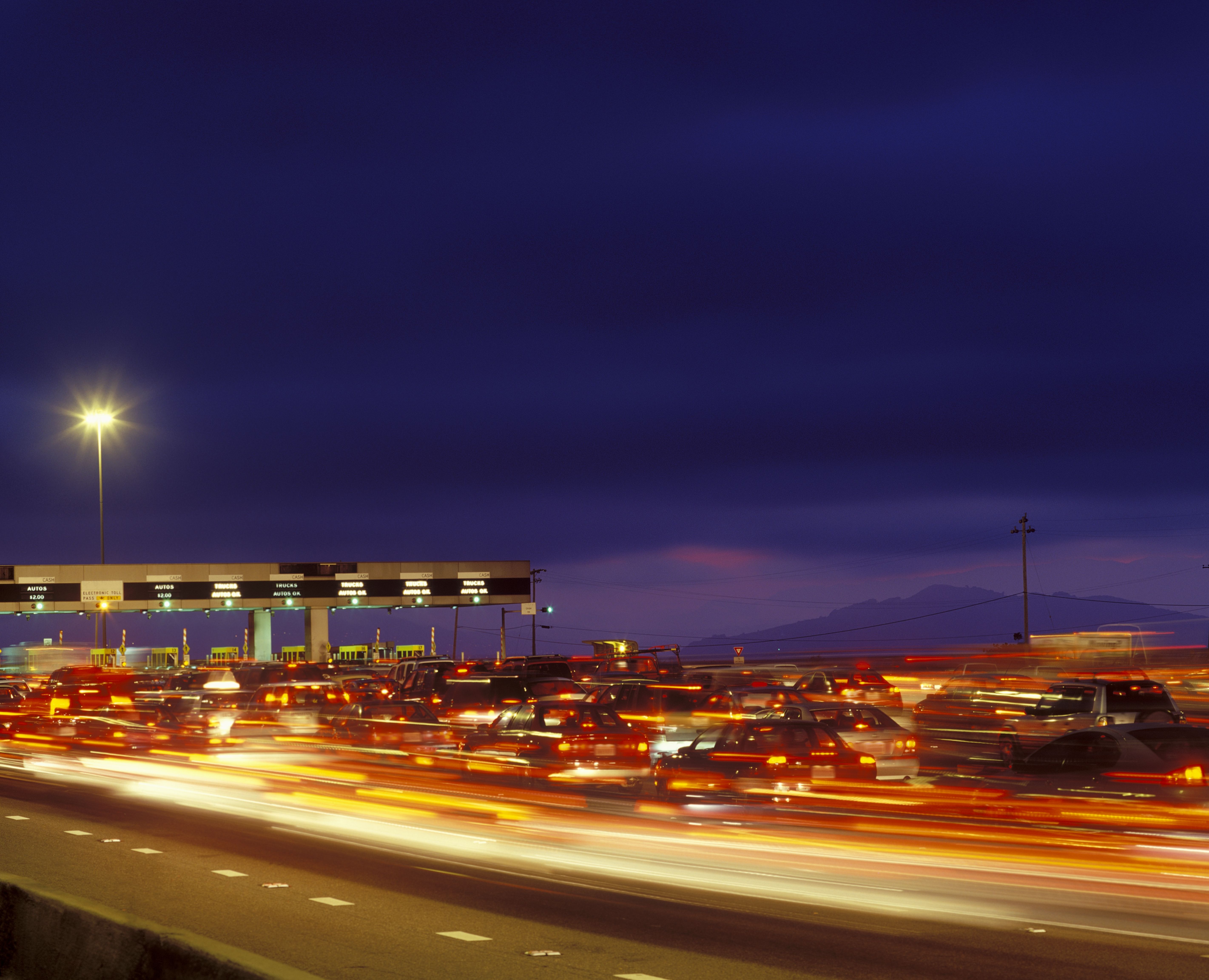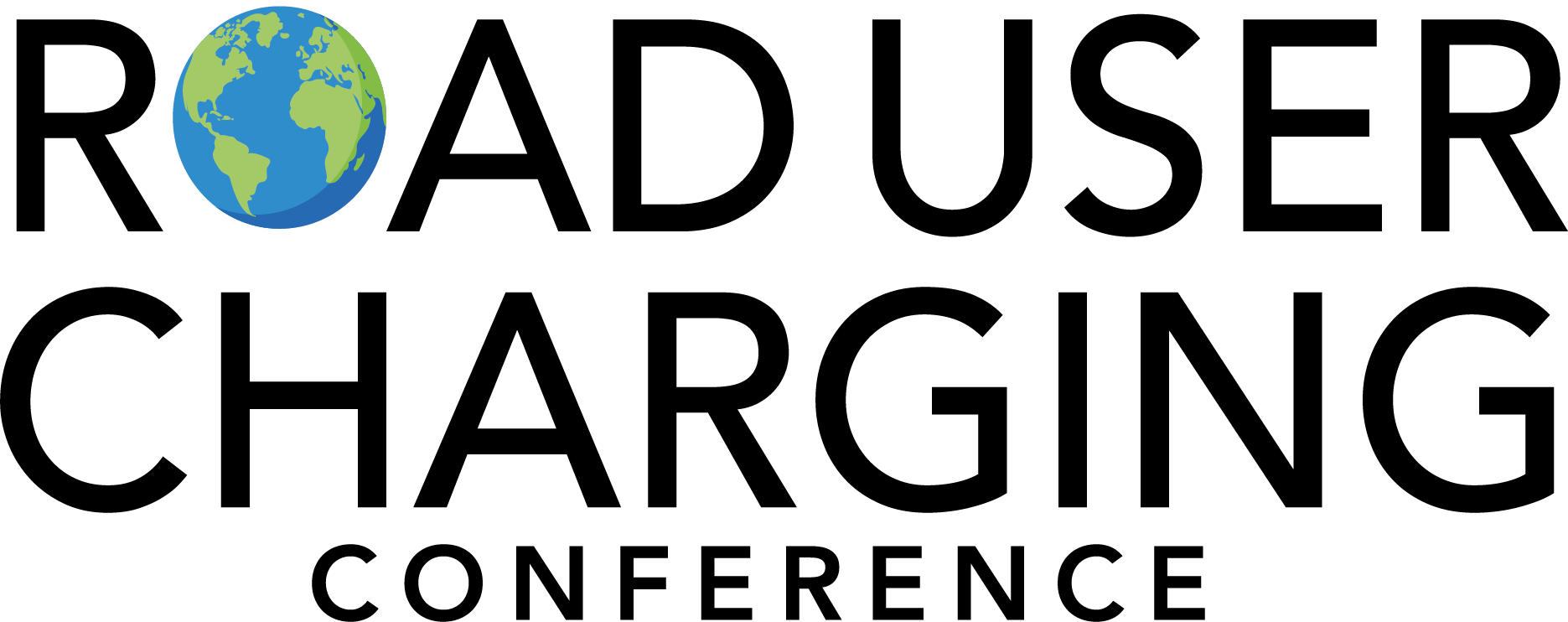Carma launching dynamic road-pricing smartphone app in New York
)
The company wants to demonstrate that its technology can help mass transit authorities “solve road congestion pricing headaches” in the city. Carma said it wants policymakers to extend the US state’s congestion pricing plan to apply incentives for certain drivers and travel behaviours.
According to the app developer, the approach offers mass transit authorities the ability to offer rebates, credits and exemptions to drivers with a low income and low-polluting vehicles.
“Tolling projects tend to become way too complex and expensive,” said Carma CEO Lawrence Mulligan. “Making congestion pricing work for a state like New York in a fairer and transparent way doesn’t have to be complicated or costly.
“With the support of mass transit authorities, the app can easily offer discounts for qualifying low-income drivers, high-occupancy vehicles or any other vehicles MTA wishes. We’re ready to go,” added Mulligan.
The GoCarma app activates whenever a user enters Manhattan through any of the city’s bridges and tunnels, similar to a toll tag.
While no charges will be applied, the app will process transactions and display to drivers what they would pay on their journey into New York’s central business district should congestion pricing eventually be introduced.
According to Emmett Murphy, chief product officer at Carma, once the app is installed and set up, users do not need to open it again for individual trips as the technology is designed to run in the background on specific roads. It then goes to sleep outside of those areas.
“Almost US$550m has already been invested in toll infrastructure for congestion pricing in New York,” said Emmett Murphy, chief product officer at Carma.
“We wanted to show that smartphone tolling offers unique potential for making toll collection more cost-effective, personal and fair. So we set up this demonstration project for free, and in less than 30 days.”
The GoCarma system is currently integrated with two high-volume toll transaction processing systems in the Dallas-Fort Worth region in Texas, where the smartphone app is used across a 120-mile network of express lanes.
It also designed to work as a standalone tolling solution without requiring toll tags, and currently processes more than one million monthly transactions without roadside infrastructure.
The app also offers the ability to price road travel based on real-time traffic flow or air quality on all roads.



